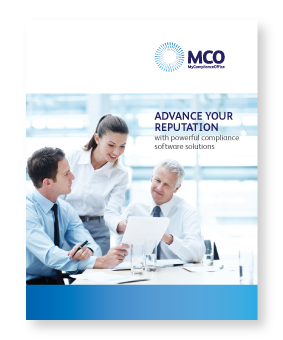Revenue Sharing - Receiving
You can download a full copy of the slides from this webinar.
Full video transcript available below:
|
||||||||||||||||||||
|
This webinar was co-hosted with Cipperman Compliance Services, LLC |
You can download a full copy of the slides from this webinar.
Full video transcript available below:
|
||||||||||||||||||||
|
This webinar was co-hosted with Cipperman Compliance Services, LLC |

Download our four page Portfolio of Solutions to learn about;